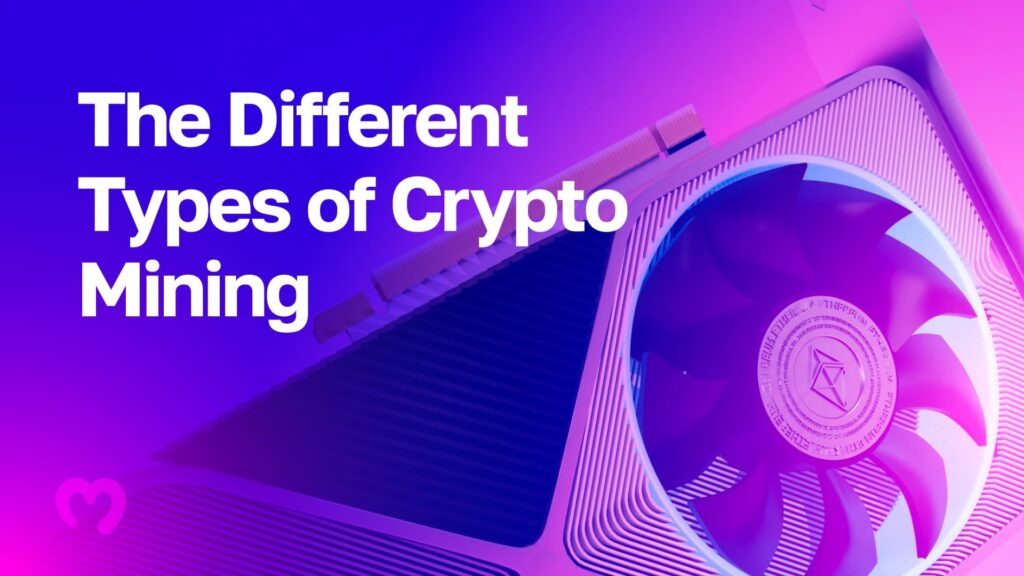All casinos accepting cryptocurrencies
The token metrics of a cryptocurrency project give you an insight about how the coin has been distributed since inception as well as its current market value mrgreen casino. Factors that will aid your judgment include:
Things may change in a flash due to updates beyond industry players’ control. Financial regulators may choose to clamp down on cryptocurrency activities within their jurisdiction, which may send the price of the asset class crashing.
Investors need to study the token’s blockchain data that has been published on cryptocurrency data sites like Coingecko, CoinMarketCap and CryptocurrenciesToWatch to make better investment decisions. The major factors you should consider for this metric include:
Despite its rapid growth and adoption, the cryptocurrency ecosystem is still in its infancy. Many projects are in experimental stages, and investors are constantly on the lookout for cryptocurrencies that can provide exponential returns.

Are all cryptocurrencies mined
“So it is possible to run your miner all year — running up massive electricity bills — but never get paid anything because you never successfully solve the puzzle faster than everyone else,” Cole added.
A few months ago we attempted to tackle this lack of knowledge by examining the basics of cryptocurrencies, blockchain technology, and more recently cryptocurrency mining. Today, we’ll expand on this latter point by taking a closer look at the side-by-side differences of “mined” cryptocurrencies versus non-mined ones. And, as always, we’ll do so in plain English, without all the technical jargon.
The efficiency of the mining hardware is also a crucial factor in determining mining profitability. Mining hardware can be expensive, so miners must balance the cost of the hardware with the potential rewards it can generate. Another factor to consider is the cost of electricity; if it’s too high, it could outweigh earnings and make mining unprofitable.

“So it is possible to run your miner all year — running up massive electricity bills — but never get paid anything because you never successfully solve the puzzle faster than everyone else,” Cole added.
A few months ago we attempted to tackle this lack of knowledge by examining the basics of cryptocurrencies, blockchain technology, and more recently cryptocurrency mining. Today, we’ll expand on this latter point by taking a closer look at the side-by-side differences of “mined” cryptocurrencies versus non-mined ones. And, as always, we’ll do so in plain English, without all the technical jargon.
Are all cryptocurrencies based on blockchain
Blockchain is a decentralized digital ledger that securely stores records across a network of computers in a way that is transparent, immutable, and resistant to tampering. Each “block” contains data, and blocks are linked in a chronological “chain.”
When you’ve selected a broker or exchange, the next step is to open an account. You’ll want to keep a form of identification nearby since some platforms require it. Once you verify your identity, you can fund your account. Depending on your funding method, you may need to wait a few days for it to clear into your crypto account.
Blockchain does not store any of its information in a central location. Instead, the blockchain is copied and spread across a network of computers. Whenever a new block is added to the blockchain, every computer on the network updates its blockchain to reflect the change.
Because of this distribution—and the encrypted proof that work was done—the blockchain data, such as transaction history, becomes irreversible. Such a record could be a list of transactions, but private blockchains can also hold a variety of other information like legal contracts, state identifications, or a company’s inventory. Most blockchains wouldn’t “store” these items directly; they would likely be sent through a hashing algorithm and represented on the blockchain by a token.